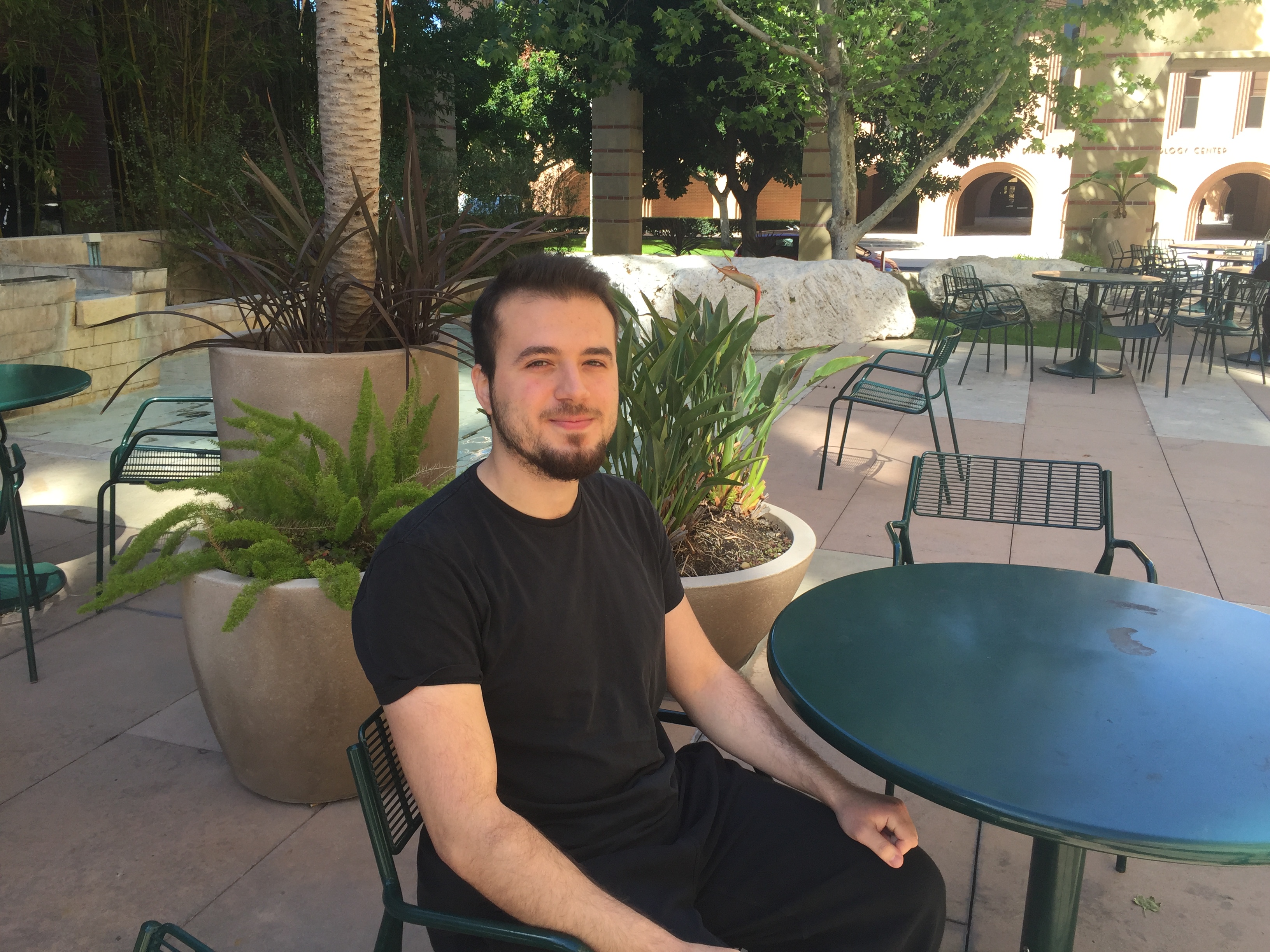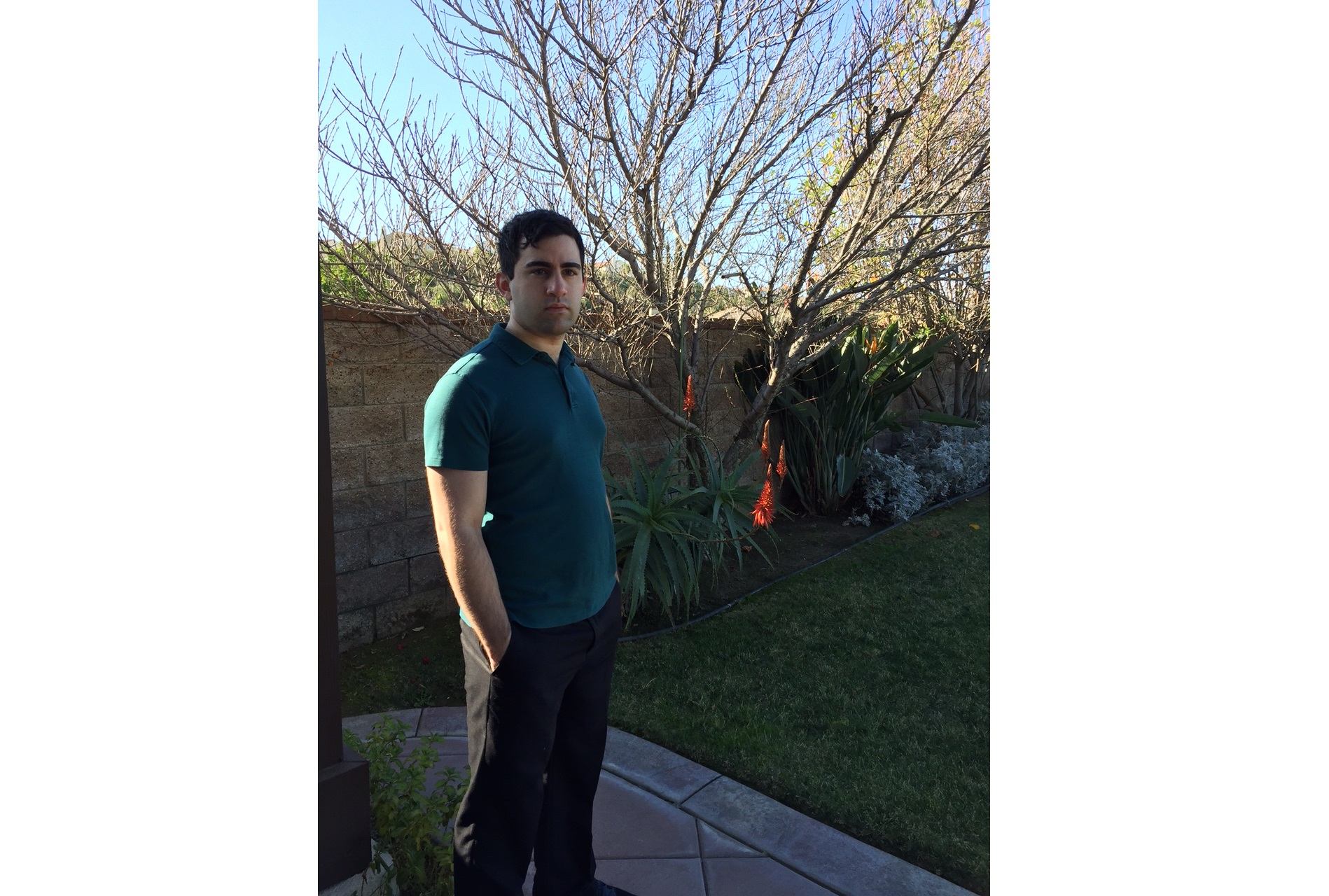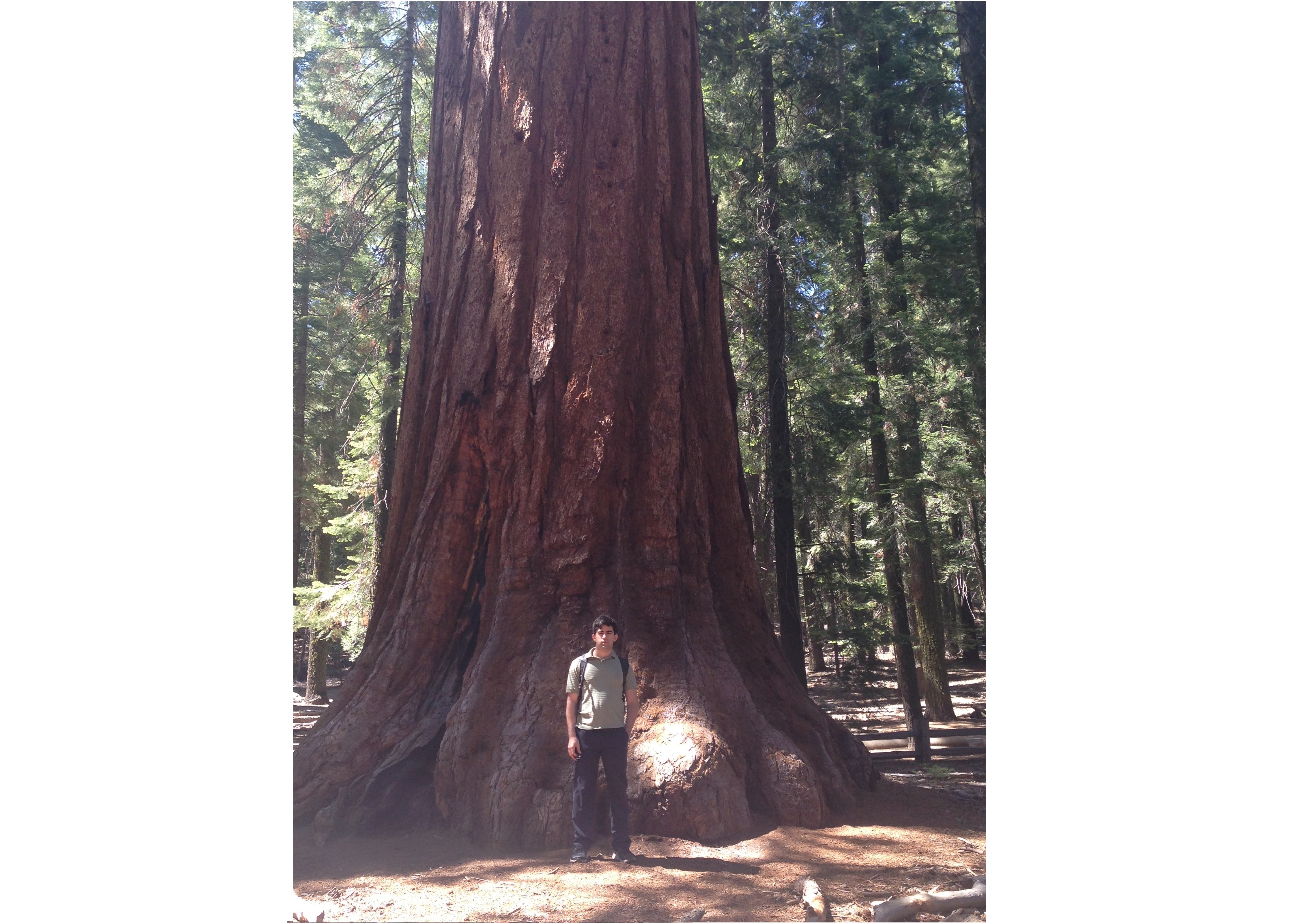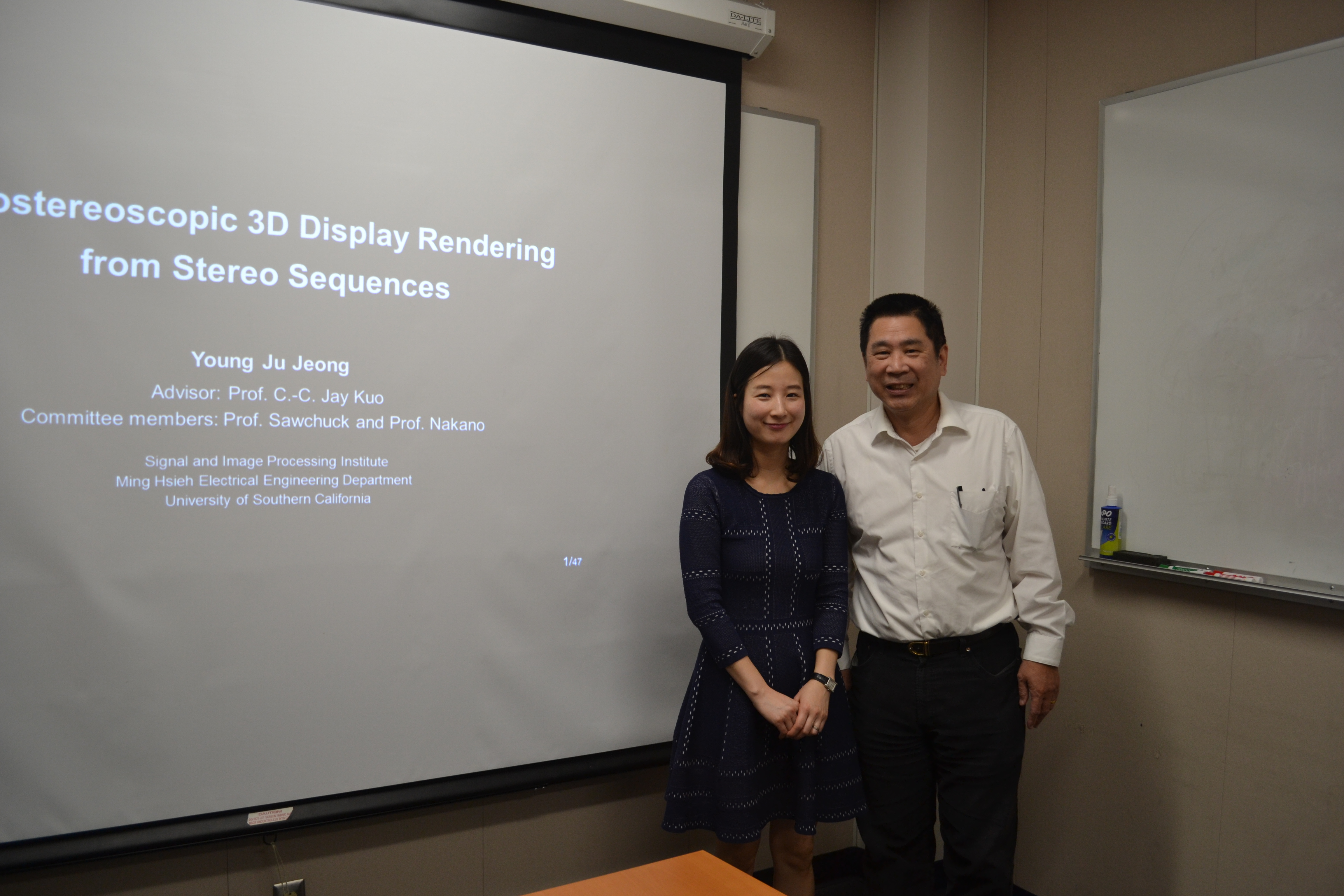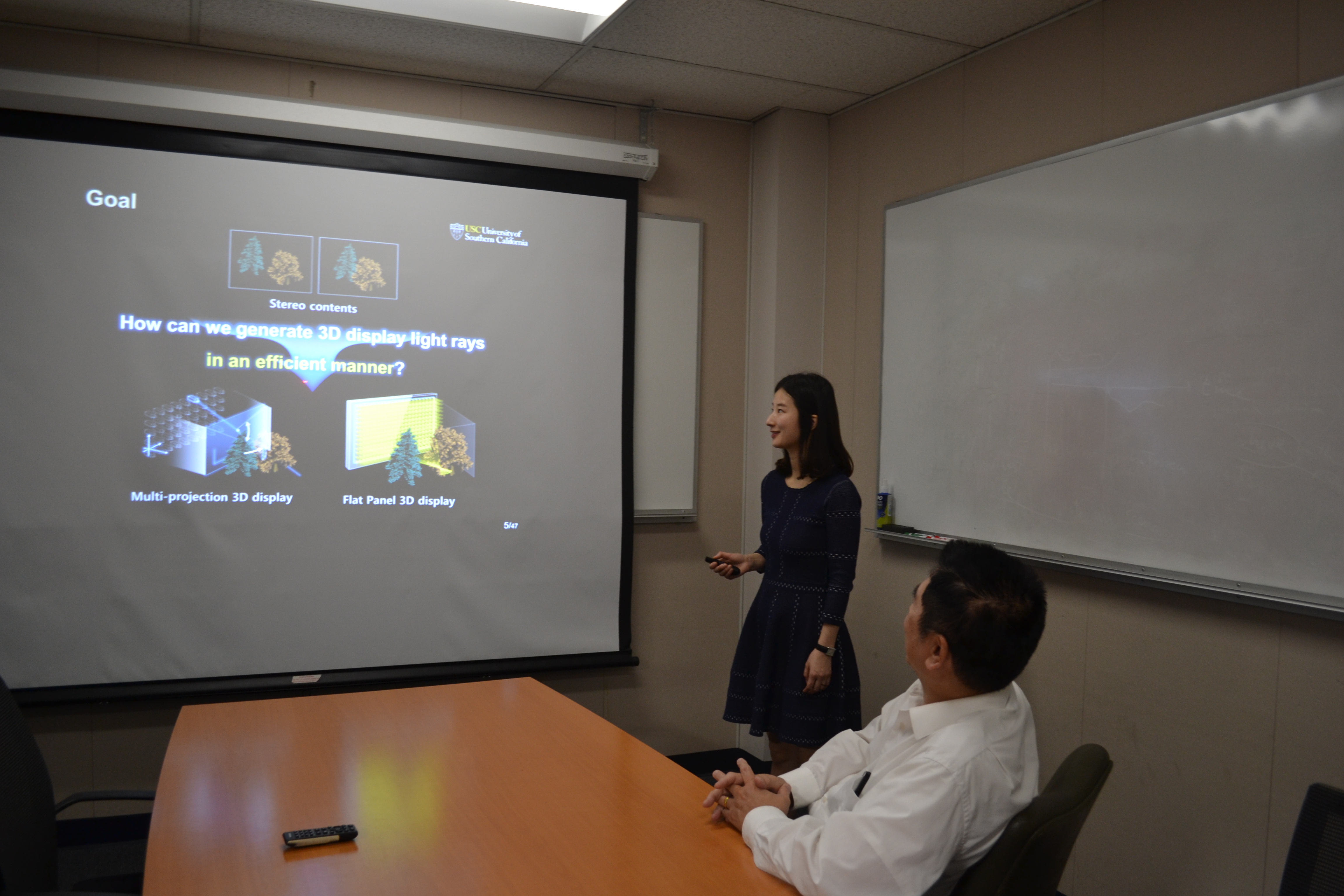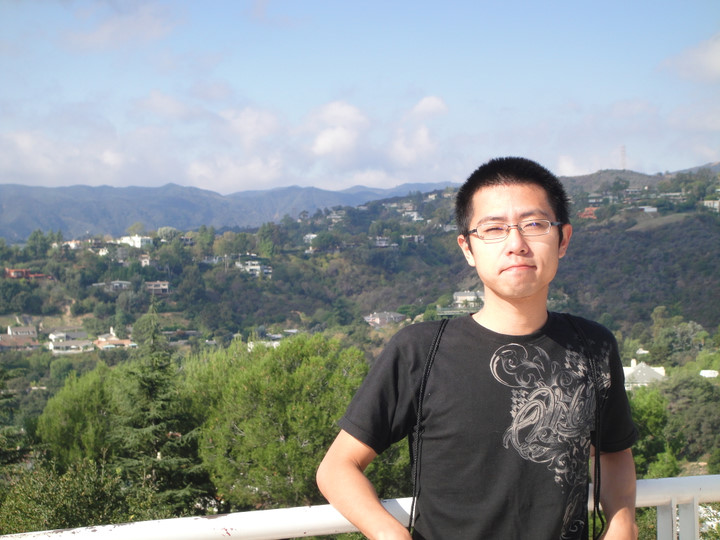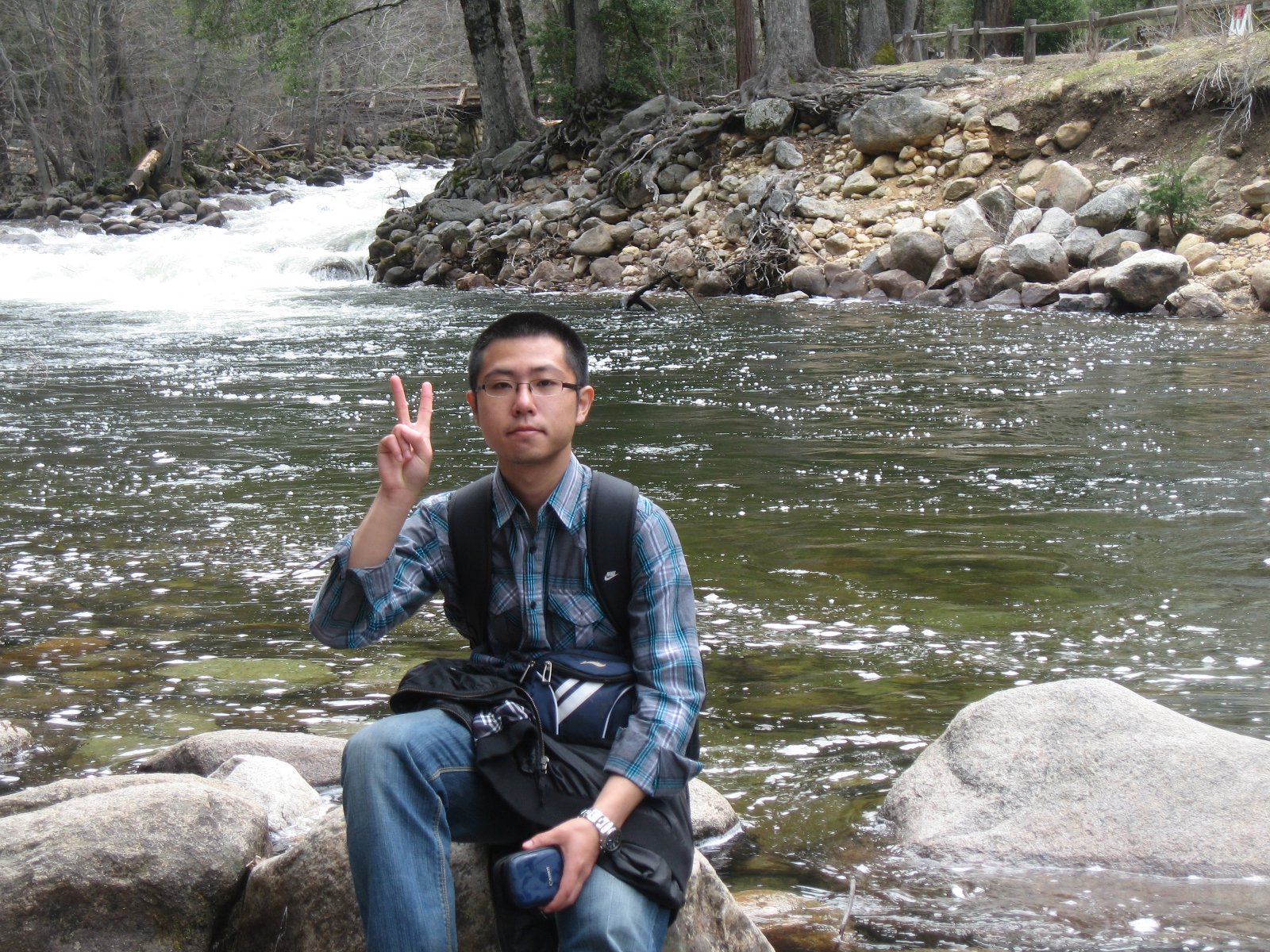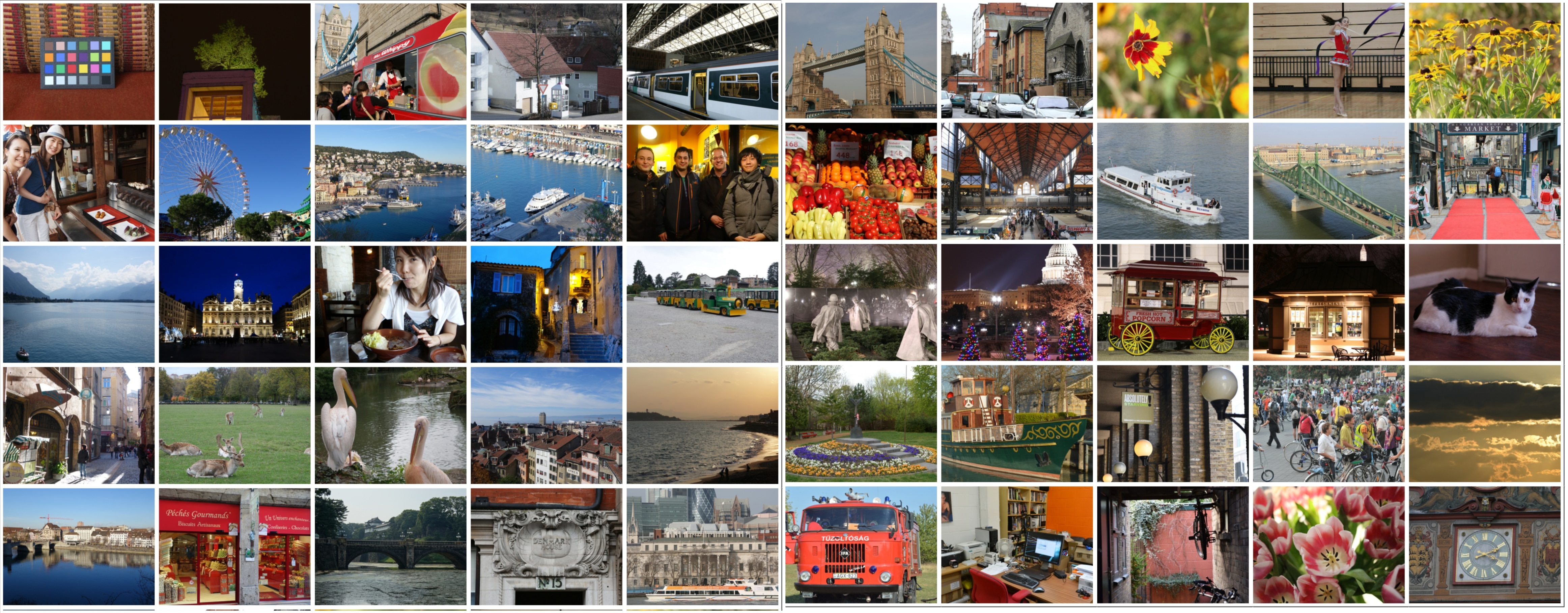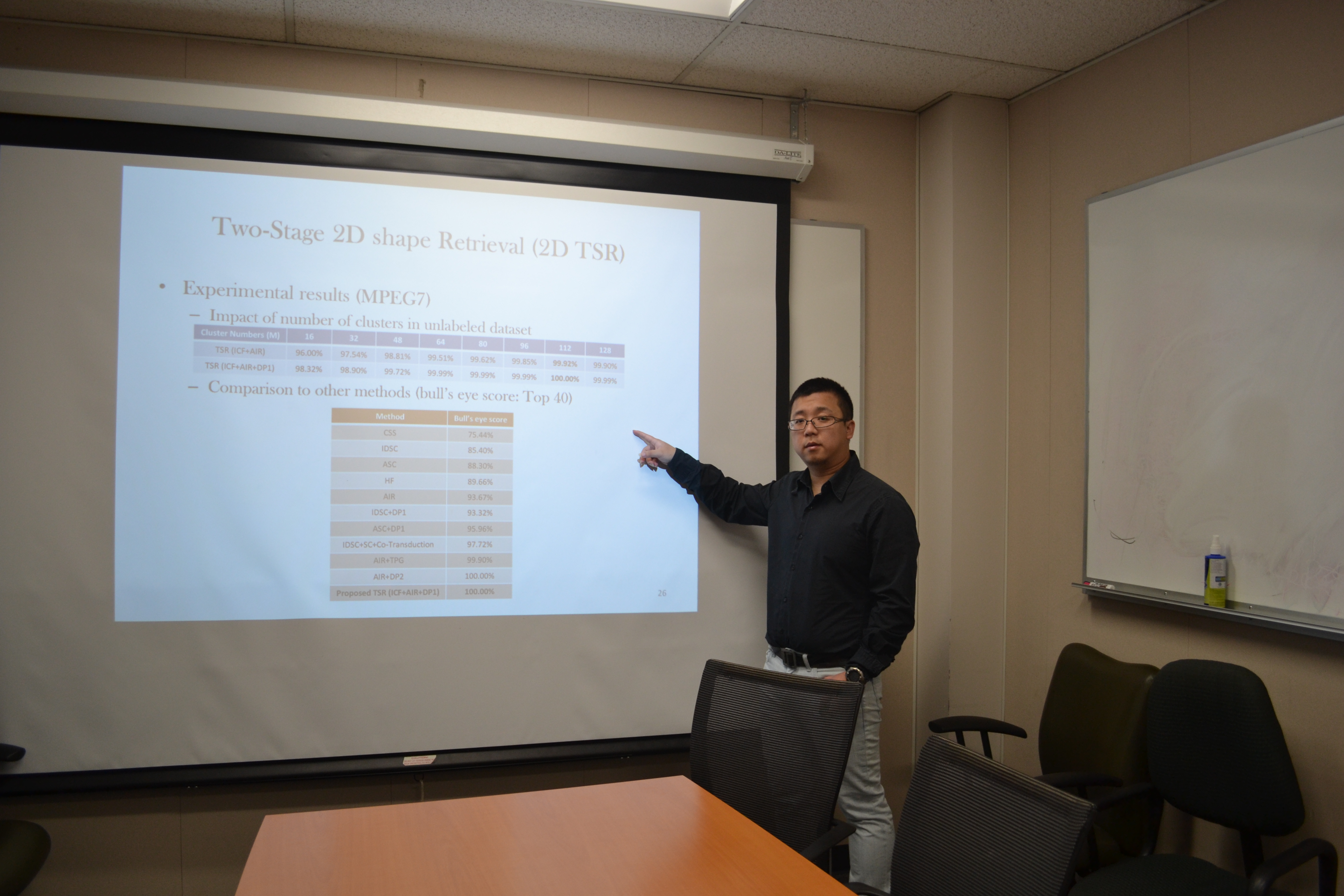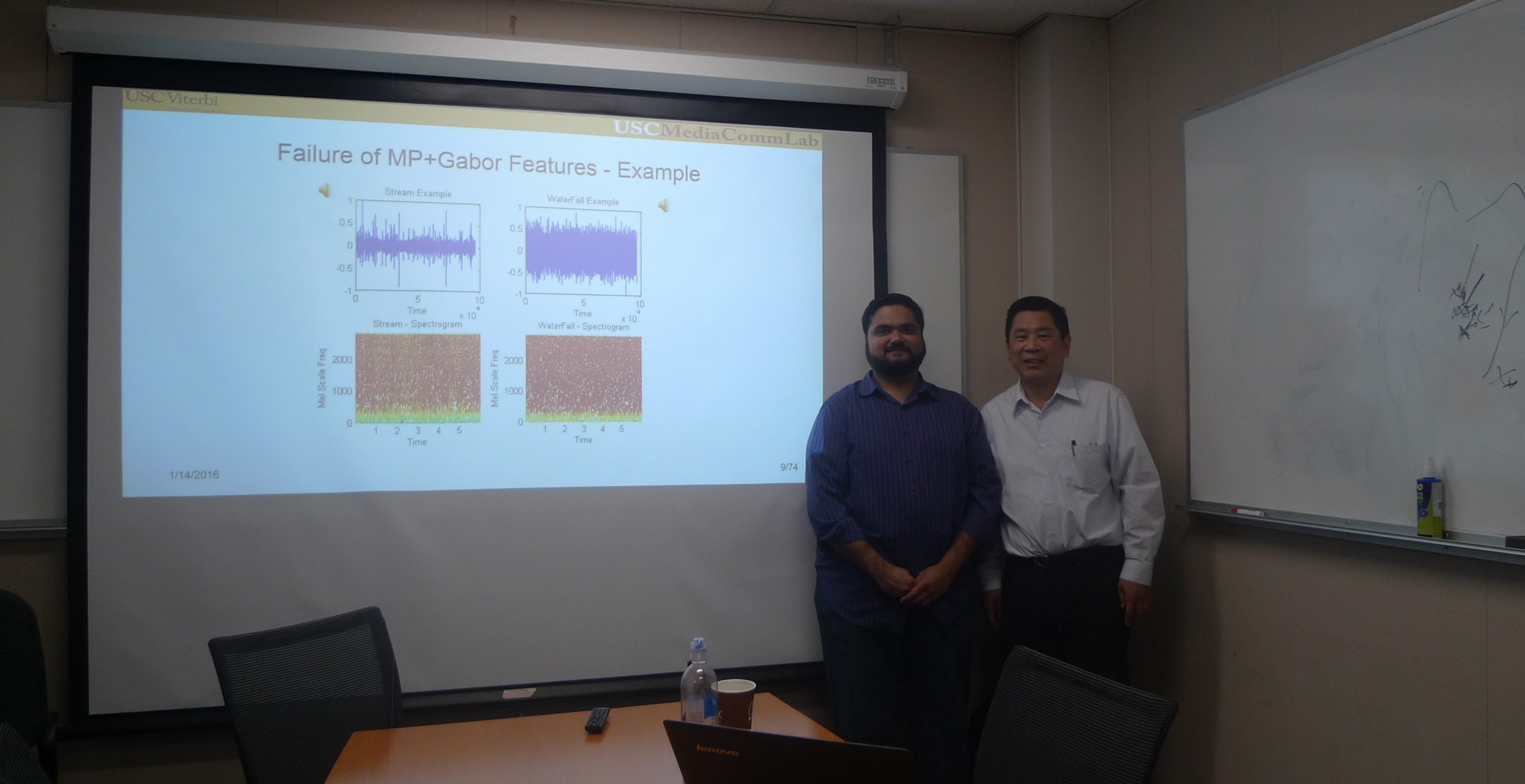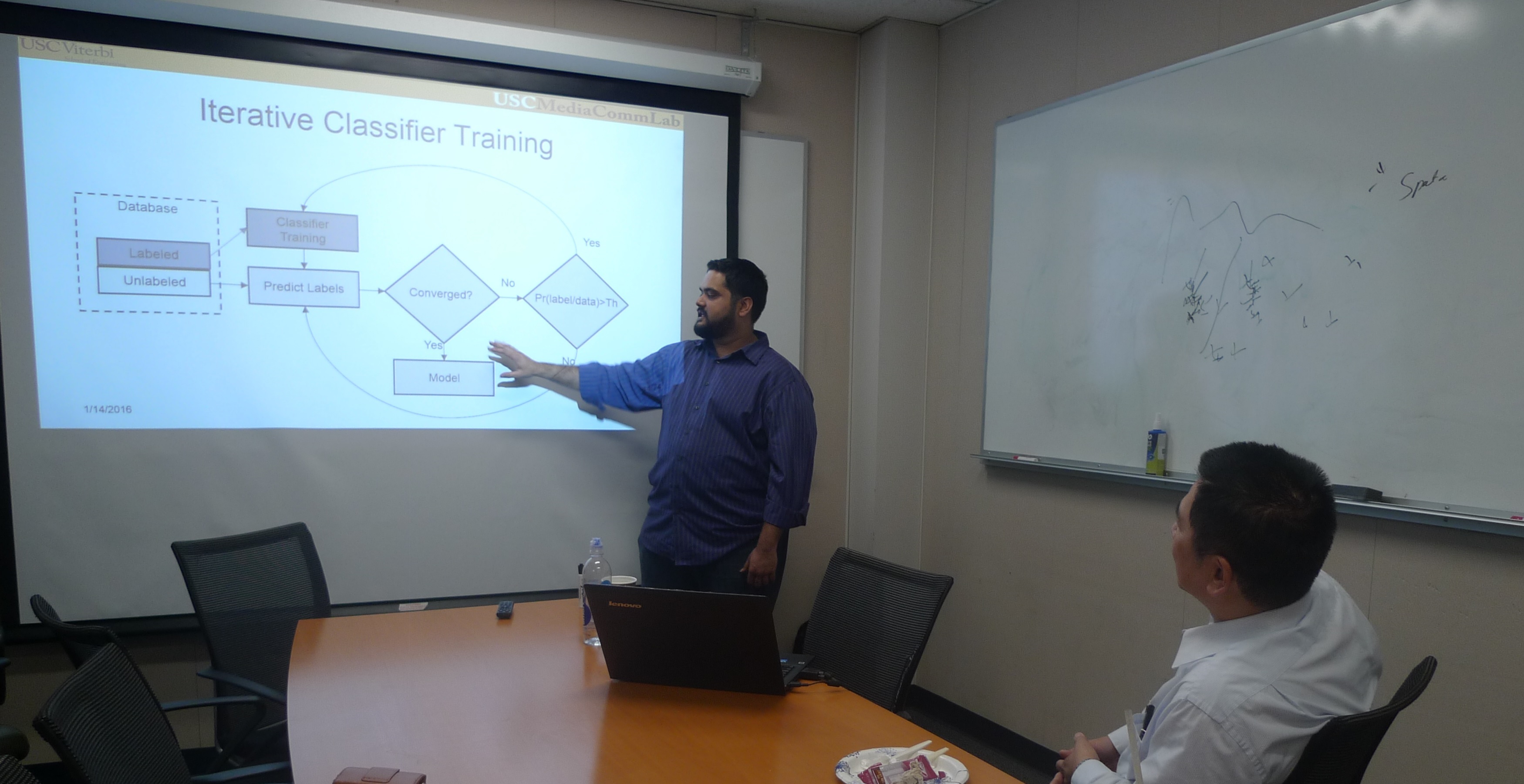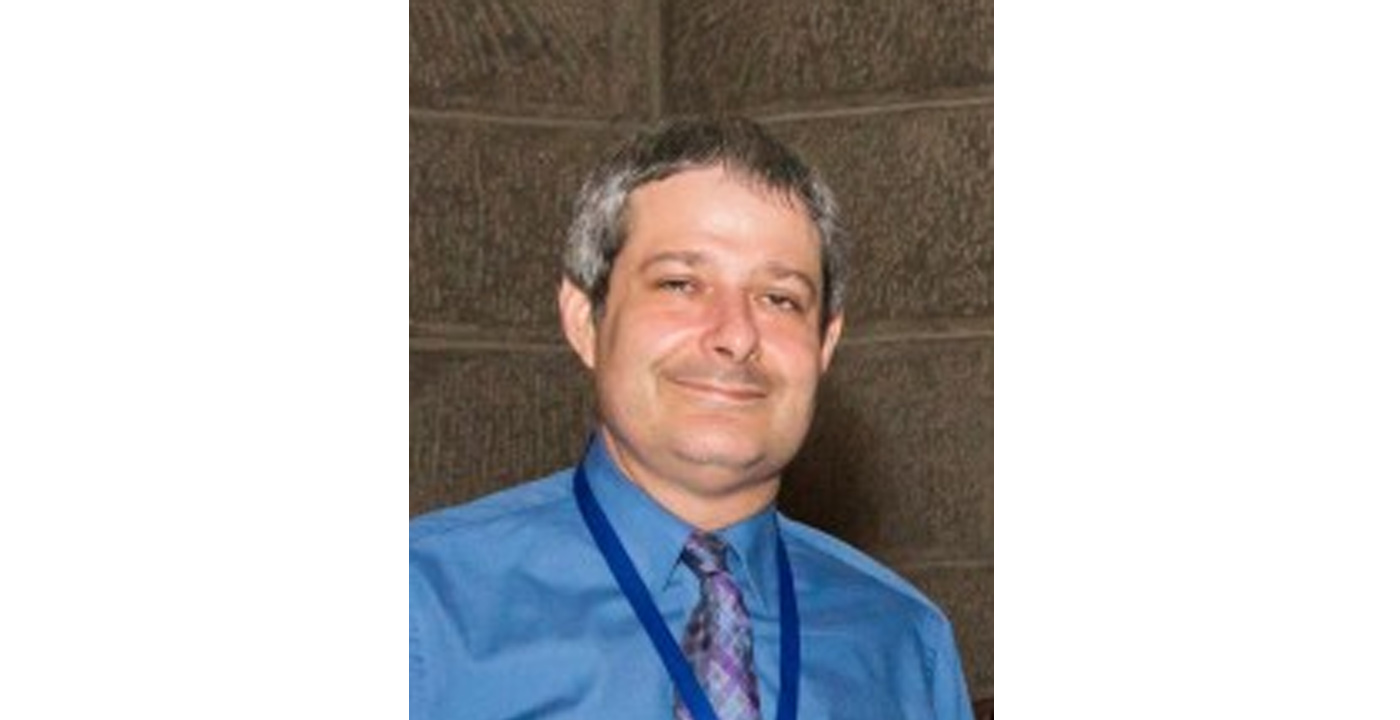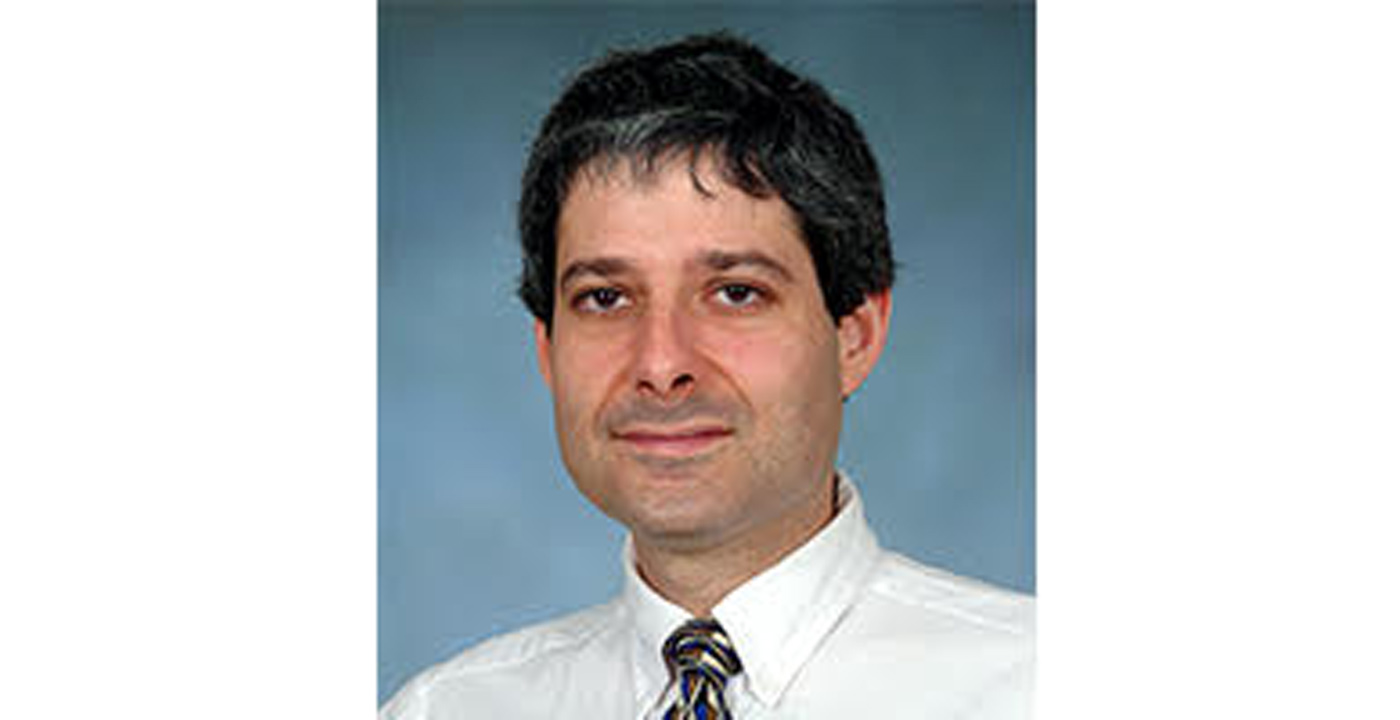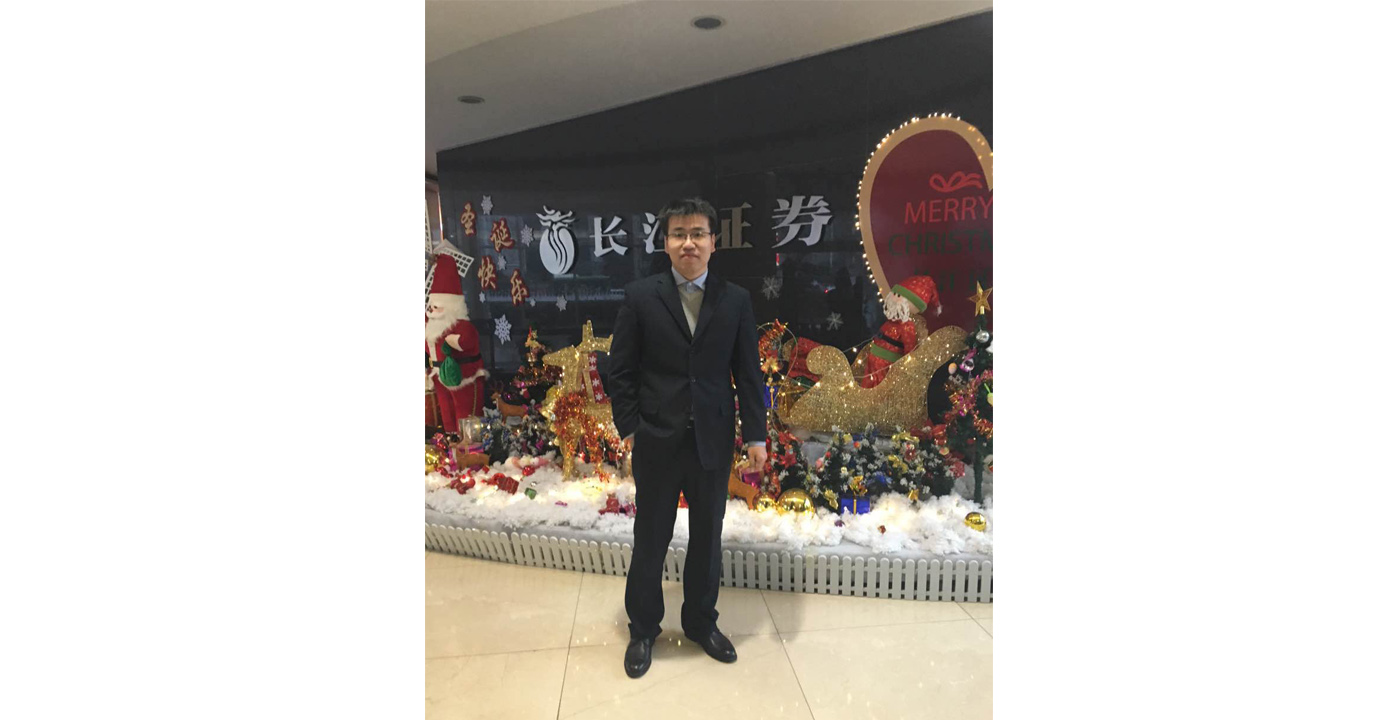Interview with new MCL member Ahmet Ozbek
In spring 2016, MCL has a new Master’s student, Ahmet Ozbek. We welcomed him and had an interview with him.
1. Could you briefly introduce yourself? (Previous research experience, project experience, research interest and expertise)
I graduated from Electrical Engineering department of Bogazici University in Istanbul, Turkey, in 2014 with an emphasis on Signal&Image processing. Then I decided to continue my studies at USC focusing on Signal&Image processing towards masters degree.
2. What’s your first impression of USC and MCL?
First thing I noticed about MCL is how hardworking its members are. It is also very nice to see that people help each other out and they are willing to share their knowledge. The special thing is that Professor Kuo pushes to help students to reach out to their full potential, he tries to get the best out of his students.
3. What’s your future expectation for MCL?
I believe that there is a strong progress of research and strong unity MCL. Therefore MCL is already doing very well and I can see that it is going to accomplish much more in the future.

